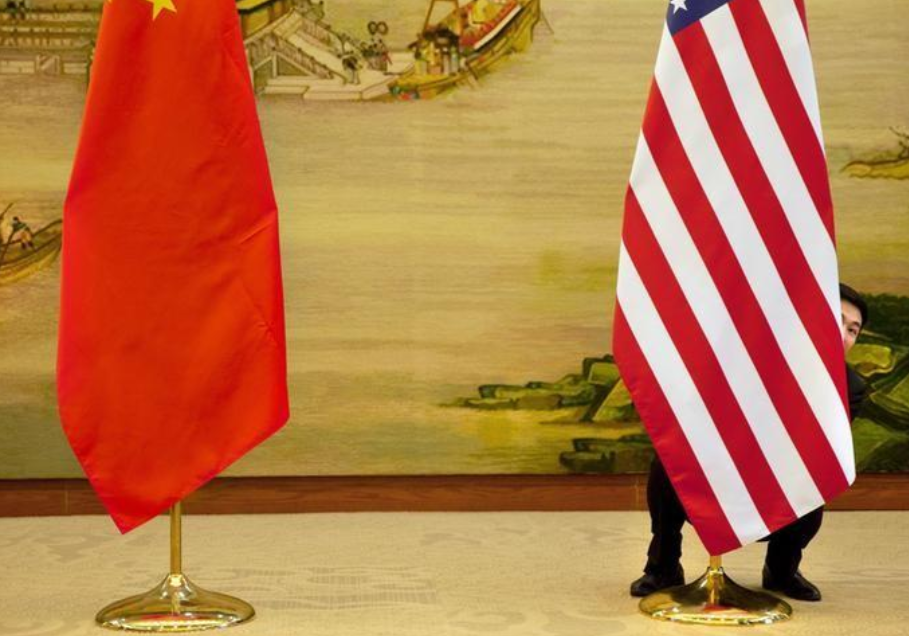Reuters
Apr 10, 2018
China blames U.S for trade frictions, but Trump voices optimism
Reuters
Apr 10, 2018
China stepped up its attacks on the Trump administration on Monday over billions of dollars worth of threatened tariffs, but U.S. President Donald Trump again voiced optimism the two sides would hammer out a trade deal.

The comments from both countries followed a week of escalating tariff threats sparked by U.S. frustration with China’s trade and intellectual property policies, worrying financial markets over potential damage to global growth.
“When we do a deal with China, which, probably, we will - if we don’t, they’ll have to pay pretty high taxes to do business with our country,” Trump said during a White House Cabinet meeting with reporters present.
On Sunday, Trump predicted China would take down its trade barriers, and said: Taxes will become reciprocal and a deal will be made on intellectual property.”
Vowing to shield U.S. farmers from Chinese retaliation, Trump said on Monday: “If, during the course of a negotiation, they want to hit the farmers because they think that hits me, I wouldn’t say that’s nice.”
Trump was referring to China’s threats to impose tariffs on U.S. soybeans, frozen beef and other agricultural goods, which have already pushed down prices for those commodities.
U.S. shares recovered somewhat on Monday amid the toned-down U.S. rhetoric on China along with comments from White House economic adviser Larry Kudlow that Trump was “amenable” to enlisting the support of Europe and Japan on China trade issues.
Although Trump administration officials have said back-channel communications were continuing, no formal meetings have been scheduled between top U.S. and Chinese officials.
“As I understand it, there is no plan whatsoever for the two sides to talk,” said Ruan Zongze, a former Chinese diplomat now with the China Institute of International Studies, a think tank affiliated with the Foreign Ministry.
Speaking at the Chinese embassy in Washington, Ruan said: “Washington underestimates China’s resolve and determination.”
In China, state researchers and media talked down the likely impact of U.S. trade measures on the world’s second largest economy and described the Trump administration’s posturing on trade as the product of an “anxiety disorder”.
“Under the current circumstances, both sides even more cannot have talks on these issues,” Foreign Ministry spokesman Geng Shuang told reporters at a regular news briefing.
The trade frictions were “entirely at the provocation of the United States”, Geng added.
Beijing did not want to fight a trade war, but was not afraid of one, Vice Commerce Minister Qian Keming told the Boao Forum for Asia in the southern province of Hainan.
Chinese President Xi Jinping is due to deliver remarks at the Boao conference on Tuesday that will be his first public reaction to the tariff standoff.
© Thomson Reuters 2024 All rights reserved.


























